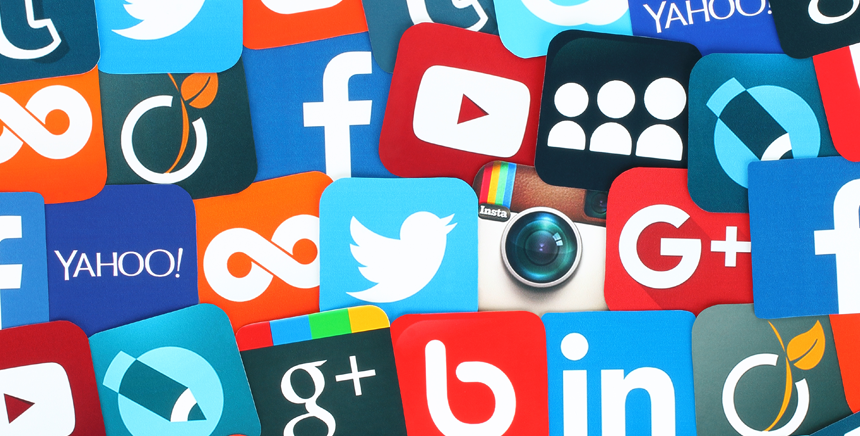By Zion Rufus
It’s 2021 and “gone are the days of distancing” when talking about the relationship between brands and their customers. Truly, the qualities of a good brand include good product, equity, positioning, competitiveness, distinctiveness, passion, consistency, leadership, exposure, audience knowledge; but what about social media engagement and responsiveness? As we all know, the little things matter.
As digital technology and social media evolve rapidly, the state of social media for FMCG brands has also transformed from a product-focused beginning to a more content-driven approach with the growing thirst of consumers for relevant content and most importantly, responsiveness.
Coca-Cola, for example, has a very large social media presence, especially on Twitter with about 3.3 million followers as they post frequently, receive a fair amount of comments and responses from their followers, and even engage with user-generated contents. Its website is very nicely designed and has several sub-pages. Coca-Cola has a page that answers all of their FAQ; the page also has a feature that allows you to chat with an online agent to ask questions. Its website is designed both for its potential consumers and investors.
Social media has made the web crucial to marketing efforts; a strong social media presence is key to marketing sales as it helps brands to share important information, communicate with customers, generate positive word of mouth, increase brand exposure, and also increase sales. Social media also offers opportunities for instant communication, which not only enables brand-customer interaction, but also allows brands to respond to customers’ queries.
According to Sprout Social Index, 40% of consumers expect brands to respond within the first hour of reaching out on social media, while 79% expect a response in the first 24 hours.
By monitoring hashtags, mentions, and relevant keywords, brands can track how often customers talk about their products. The use of mentions, hashtags, retweets, likes, and comments have also become a top consumer actionable insight and all this can only be gathered when the brand is putting out user-generated content. It is also important to acknowledge every customer’s feedback, be it positive or negative.
In 2018, Coca-Cola’s #RefreshTheFeed campaign drew a ton of positive feedback on social media, garnering more than 69 million impressions in one day, as well as 1.4 million engagements. Visits to the Coca Cola website were also 600% higher than average.
The role of social media, and particularly presence, interactivity, and responsiveness, have been extensively examined in the context of B2C relationships. However, it has increasingly become important for B2B businesses as well to adopt and use these platforms to build relationships with customers and other stakeholders.
Engaging customers on social media often means analyzing how they react to your different marketing campaigns. After you launch any marketing campaign, it is important to also monitor how customers feel about it.
In 2019, 14% of consumers solely follow the UEFA Champions League through digital channels, a figure that represents 18 million consumers. Heineken leveraged this to demonstrate that brand engagement through UEFA Champions League sponsorship, combined with D2C instant delivery, could reach new customers and ultimately to increase overall penetration.
Establishing a social media presence has gone beyond having a Twitter handle or 4million followers on Instagram. The social media presence of brands also includes consistency and the ability of a brand to provide relevant information, solution, and also to respond almost immediately to customer questions and concerns. The reputation of a brand also rides heavily on its response time and how it interacts with its vast audience.
When brands reply to their audience on a regular basis, it also helps them to maintain a positive brand image; a fast response matters to customers as it shows that you care about them and what they have to say.
The role of social media, and particularly presence, interactivity, and responsiveness, have been extensively examined in the context of B2C relationships. However, it has increasingly become important for B2B businesses as well to adopt and use these platforms to build relationships with customers and other stakeholders.







Comment
No comments found.